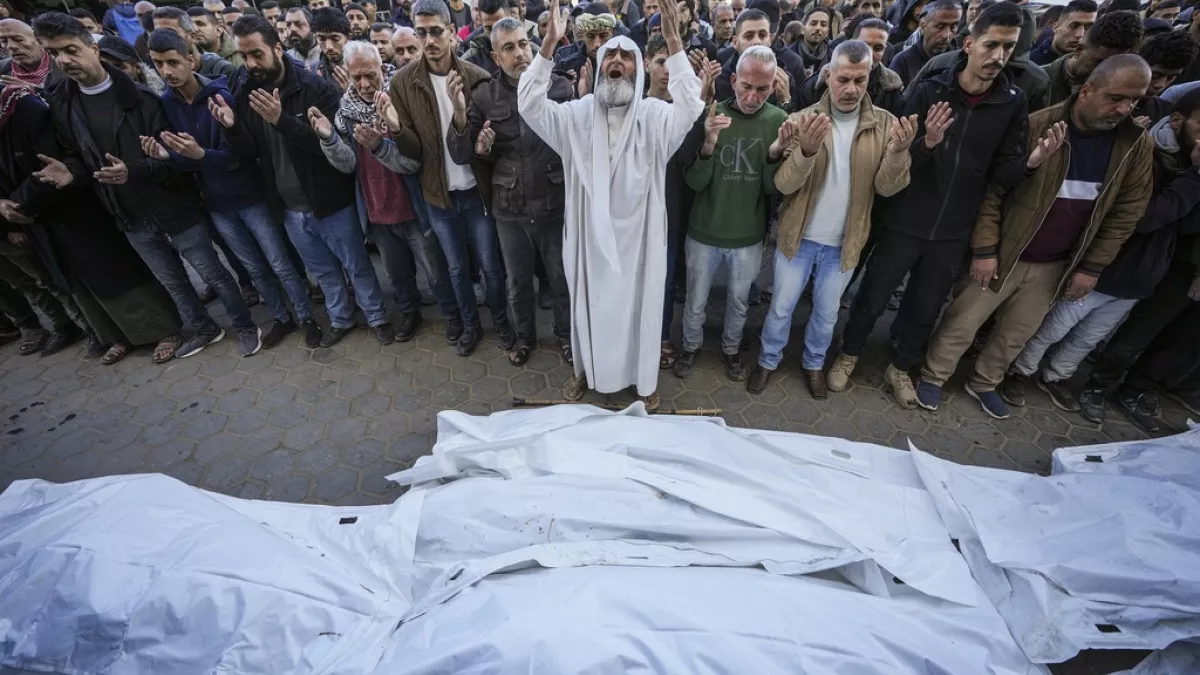In the past week, three Christmas charity events across Nigeria resulted in deadly stampedes that killed at least 67 people, including 35 children in Oyo state, 22 people in Anambra, and 10 in Abuja. These tragedies occurred as families grappled with Nigeria’s worst cost-of-living crisis in a generation. The events, aimed at providing much-needed food and clothing, drew massive crowds, highlighting the desperation of Nigerians facing economic hardship. Many victims had spent hours or even overnight waiting for assistance, with overcrowding and poor crowd management exacerbating the situation.
Nigeria’s economic crisis, marked by inflation at a 28-year high of 34.6%, has driven people to extreme measures to secure basic necessities. Government policies intended to attract investment and cut costs have contributed to the crisis, while the naira has plummeted to record lows. Over 63% of the population lives in poverty, with a significant portion of their income spent on food. Experts note that as food prices rise beyond reach, desperation is mounting. Witness accounts from Abuja revealed the lengths people went to, with some braving cold nights outside the church in hopes of receiving aid.

Stampedes in Nigeria are not new, but the rising desperation has made crowd control increasingly challenging. Witnesses and police reported that the stampedes began even before events started, as crowds rushed to secure positions. Organizers often neglect to prioritize security, and experts suggest the growing demand for charity necessitates more thorough planning. Better crowd management, including professional advice and security budgets, could help prevent such tragedies in the future. In Abuja, for instance, the event was canceled mid-way, leaving aid supplies locked away.
The Nigerian government has called for stricter enforcement of safety measures at charity events. President Bola Tinubu has demanded accountability and mandated police to require organizers to obtain prior permission. However, analysts are skeptical about the effectiveness of such measures, citing the country’s deeply rooted issues with poverty, poor planning, and enforcement. They argue that people’s desperation, coupled with inadequate queue management, creates conditions ripe for such incidents, underscoring the need for systemic change.
As Nigeria’s economic woes deepen, charity events have multiplied, reflecting both the dire needs of the population and the challenge of managing such efforts safely. Philanthropists and organizations must balance the urgency of addressing hunger with the necessity of ensuring public safety. Experts emphasize that comprehensive planning, involving professional input and robust security protocols, is essential to prevent future tragedies. The stampedes are a grim reminder of the human toll of Nigeria’s economic crisis and the urgent need for solutions to address widespread poverty and hunger.
